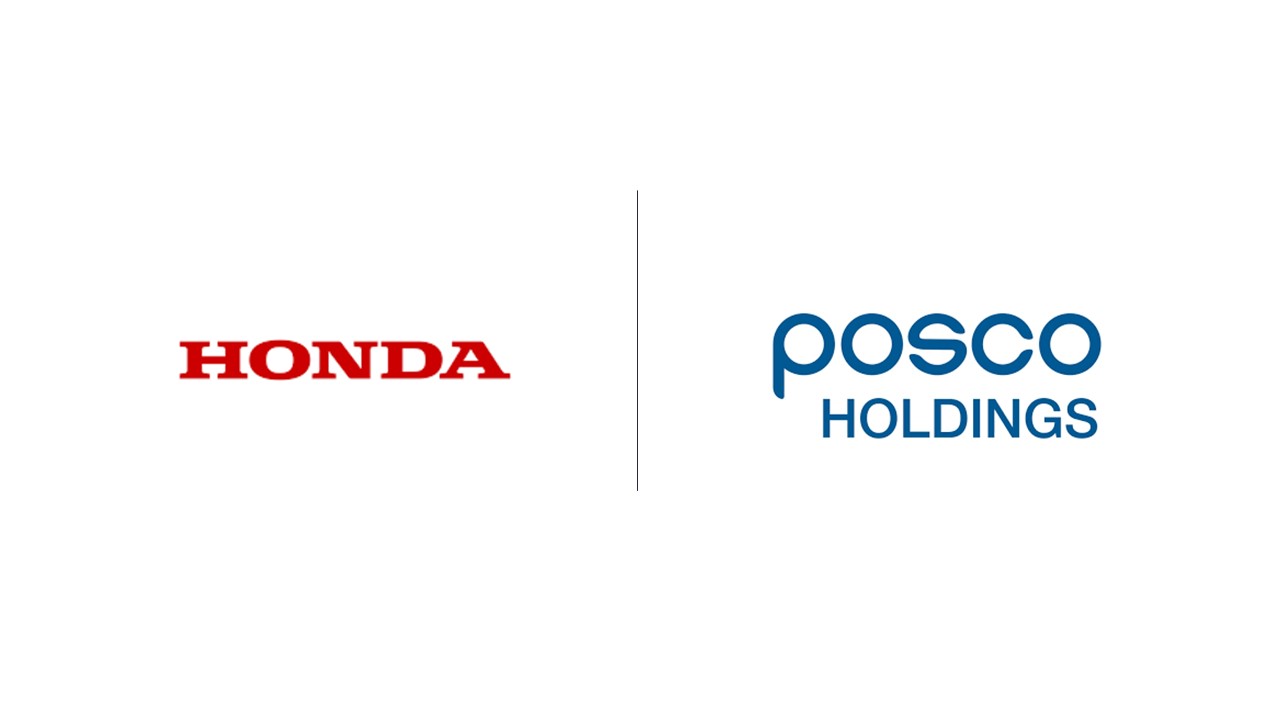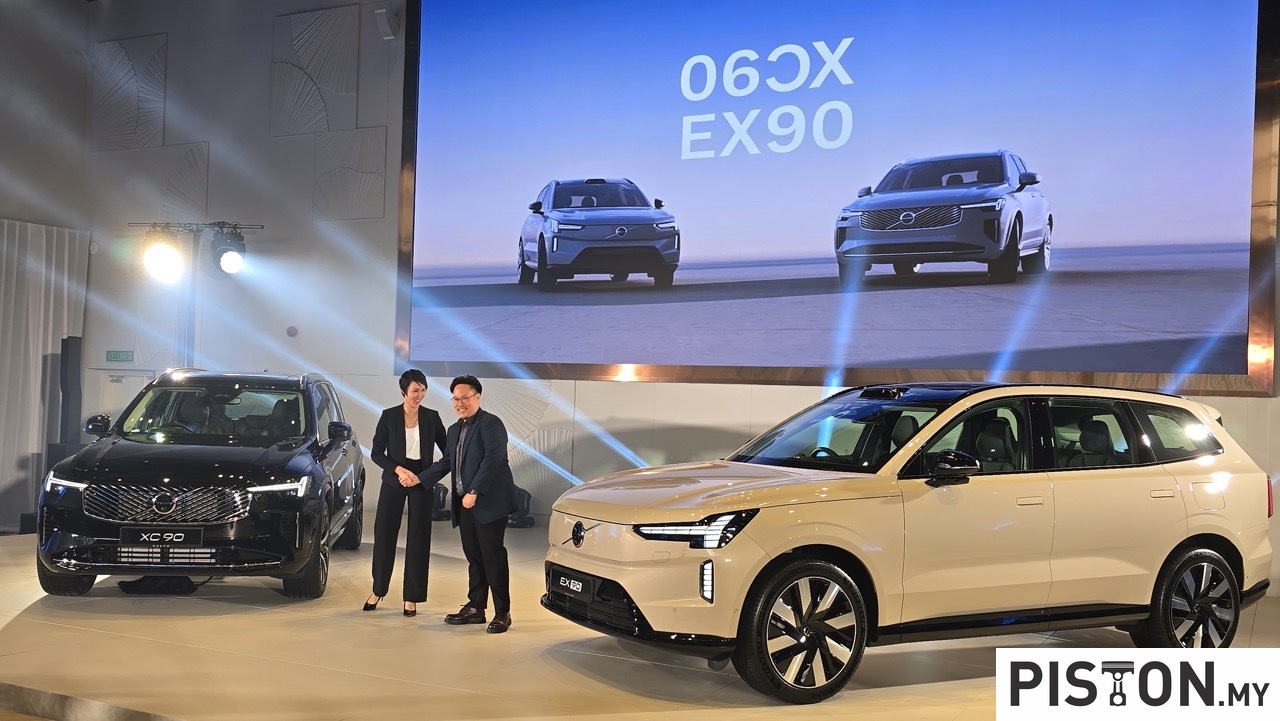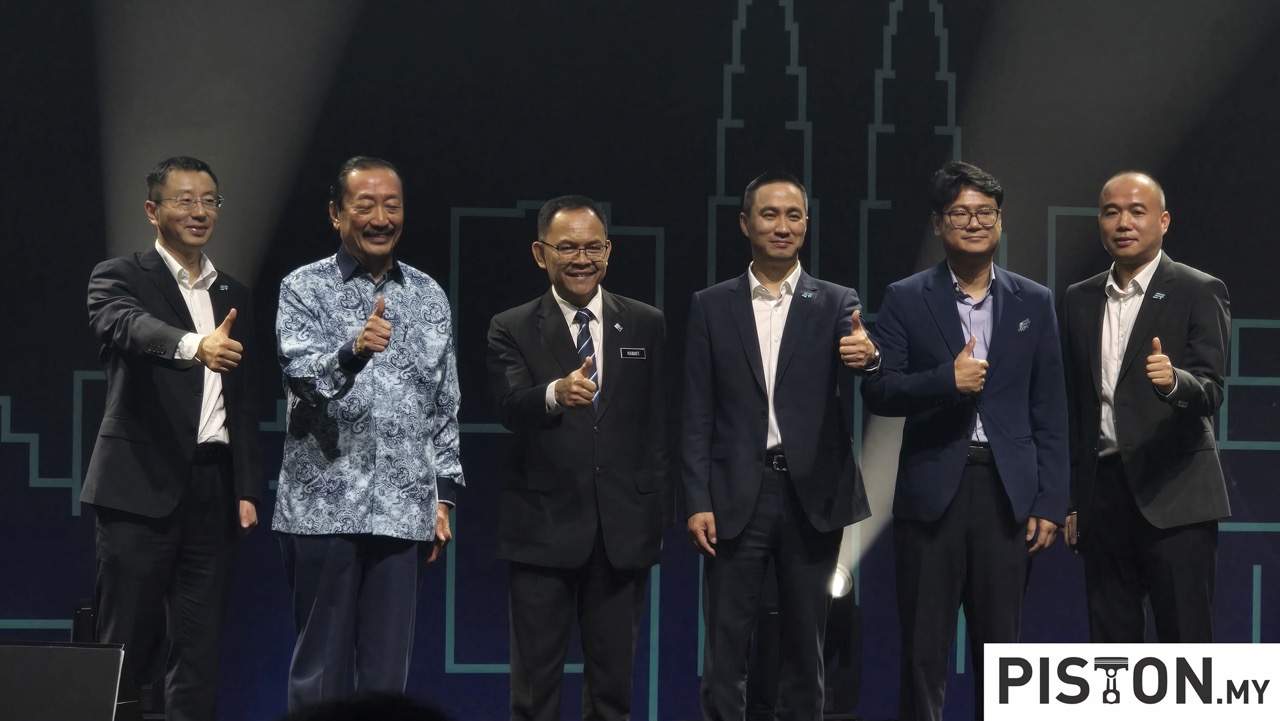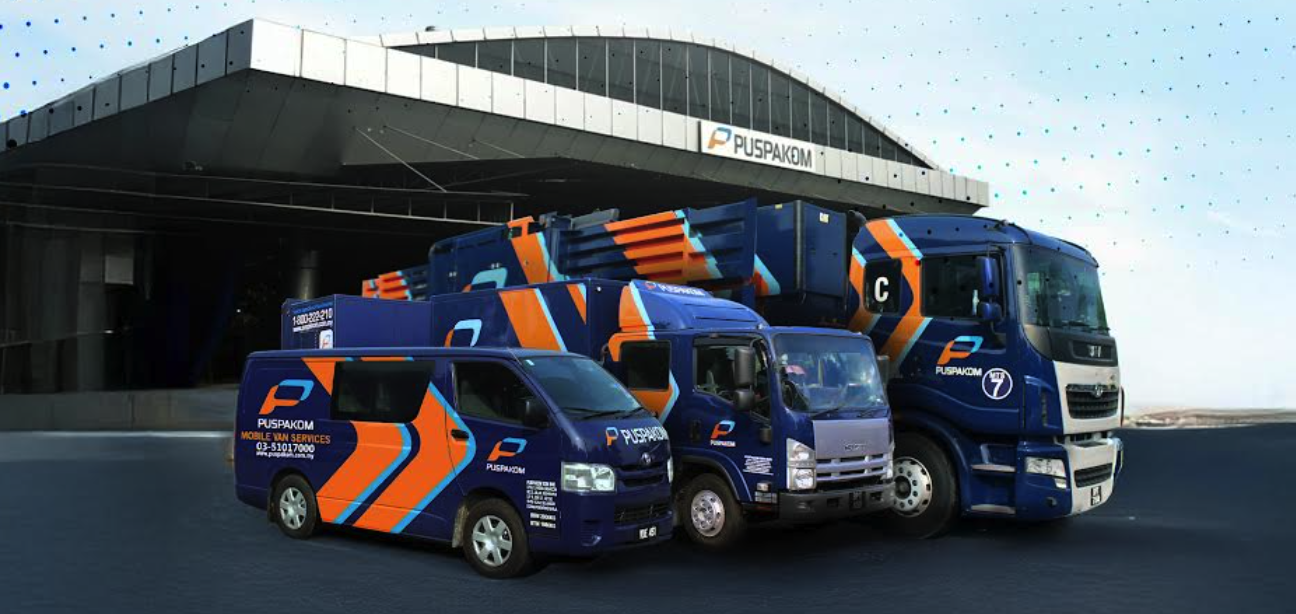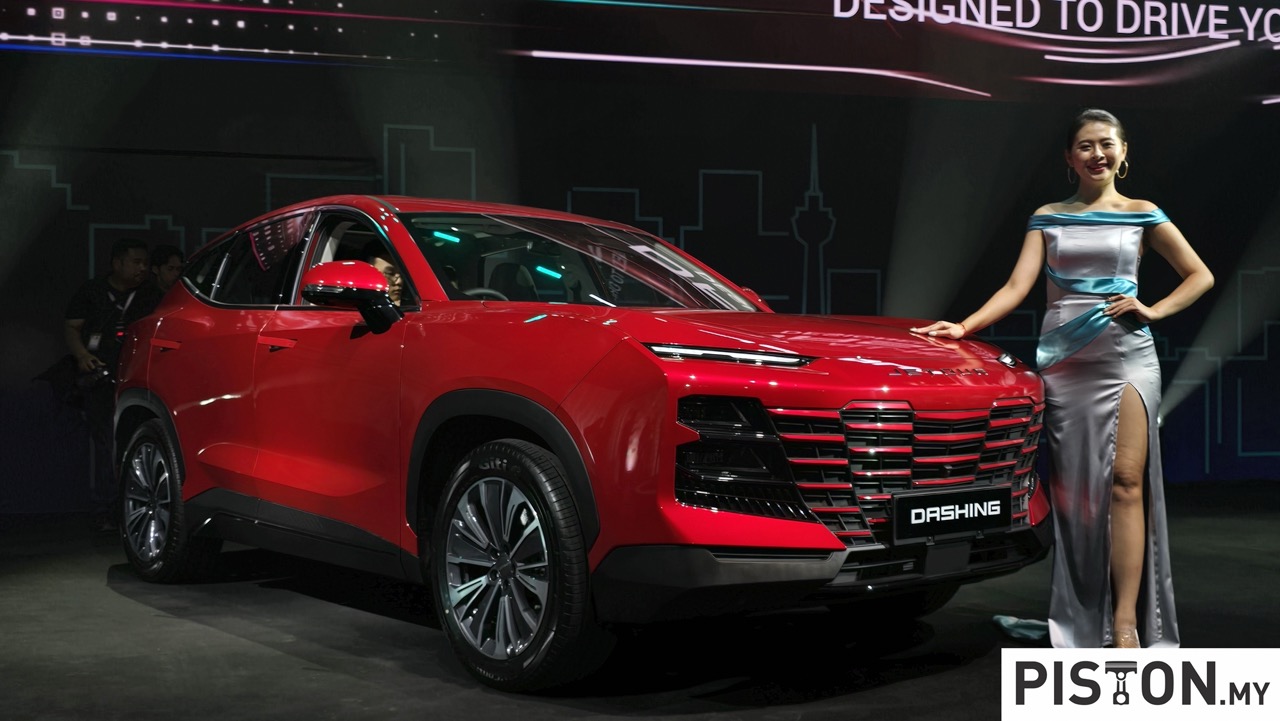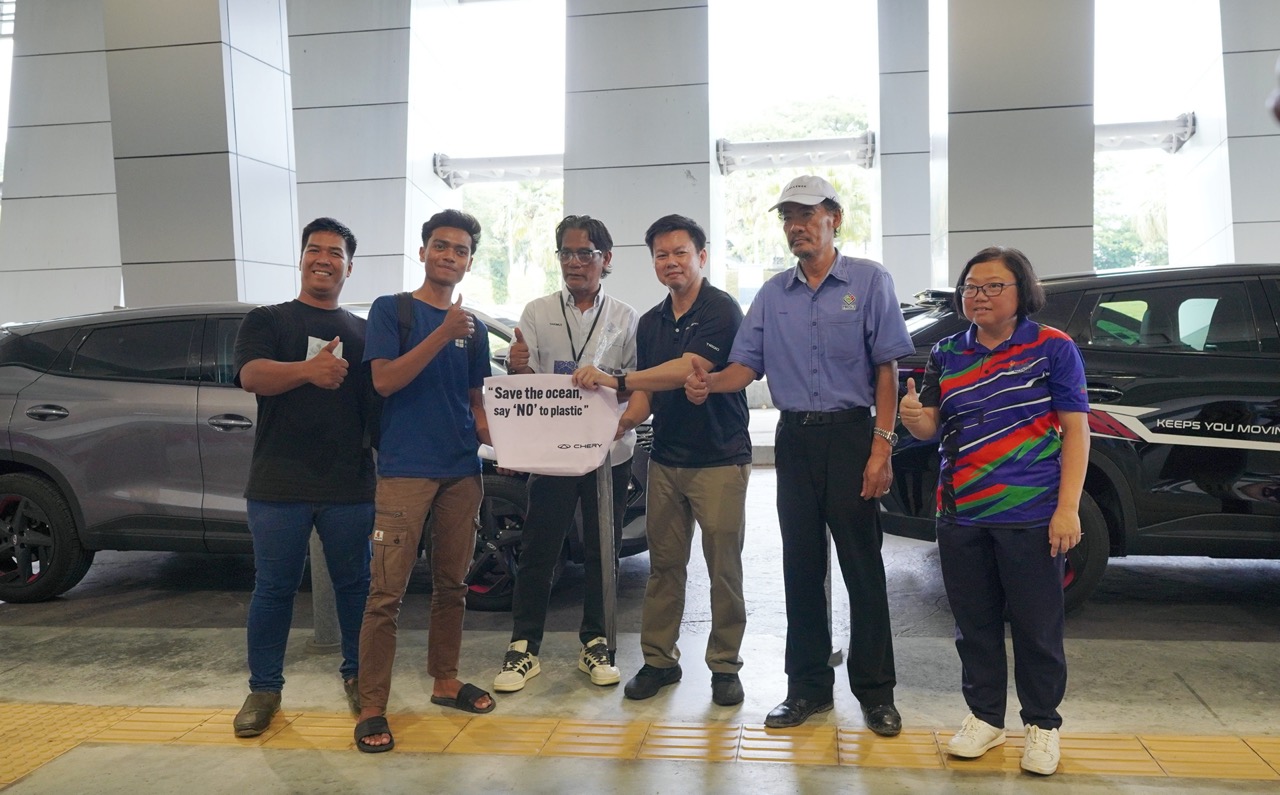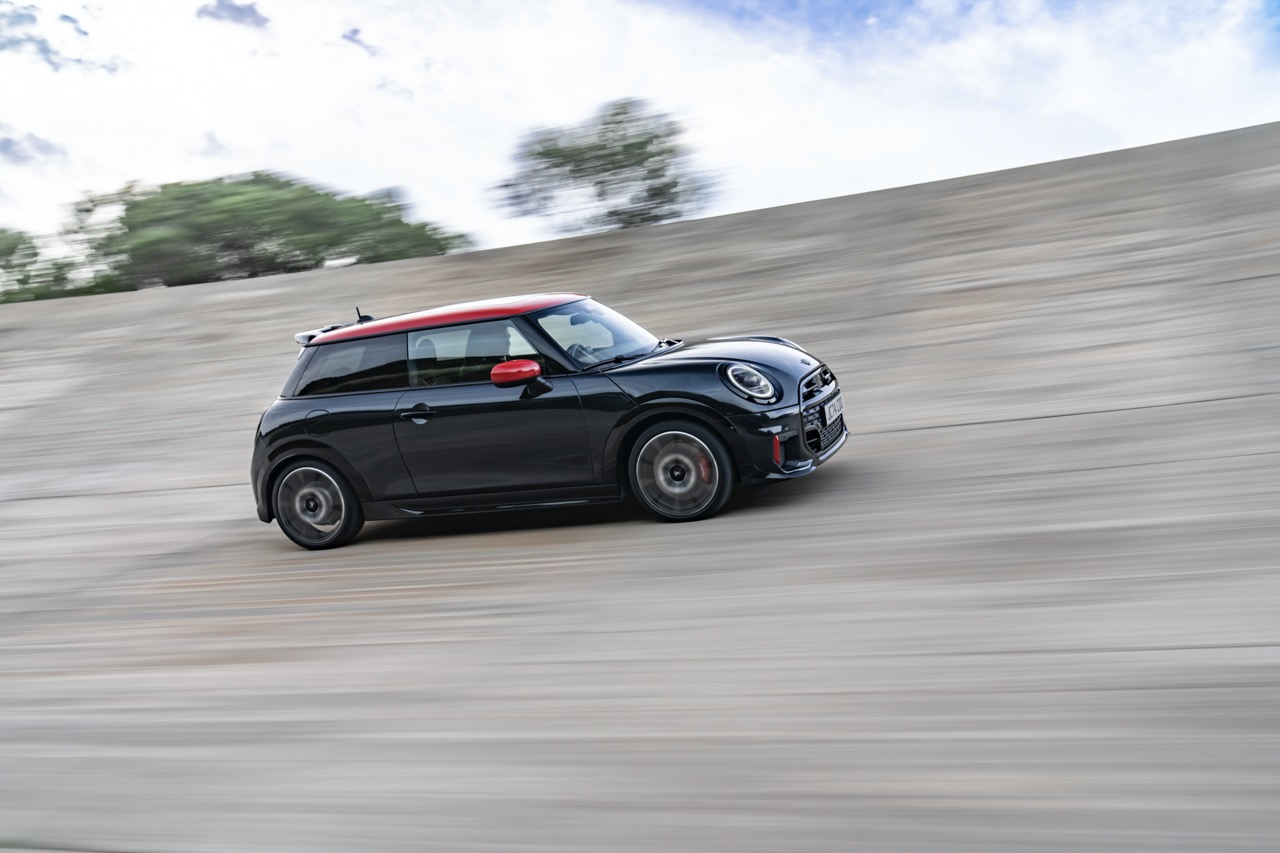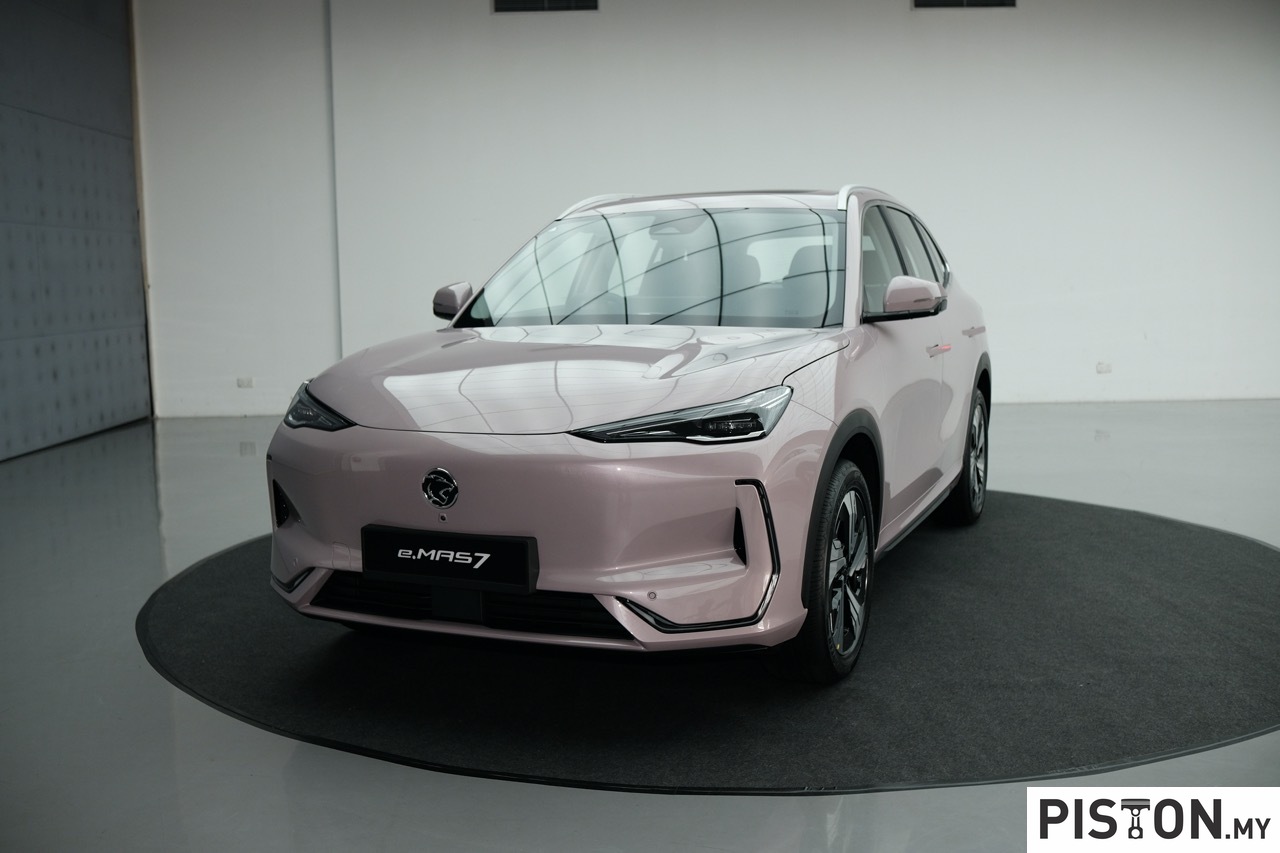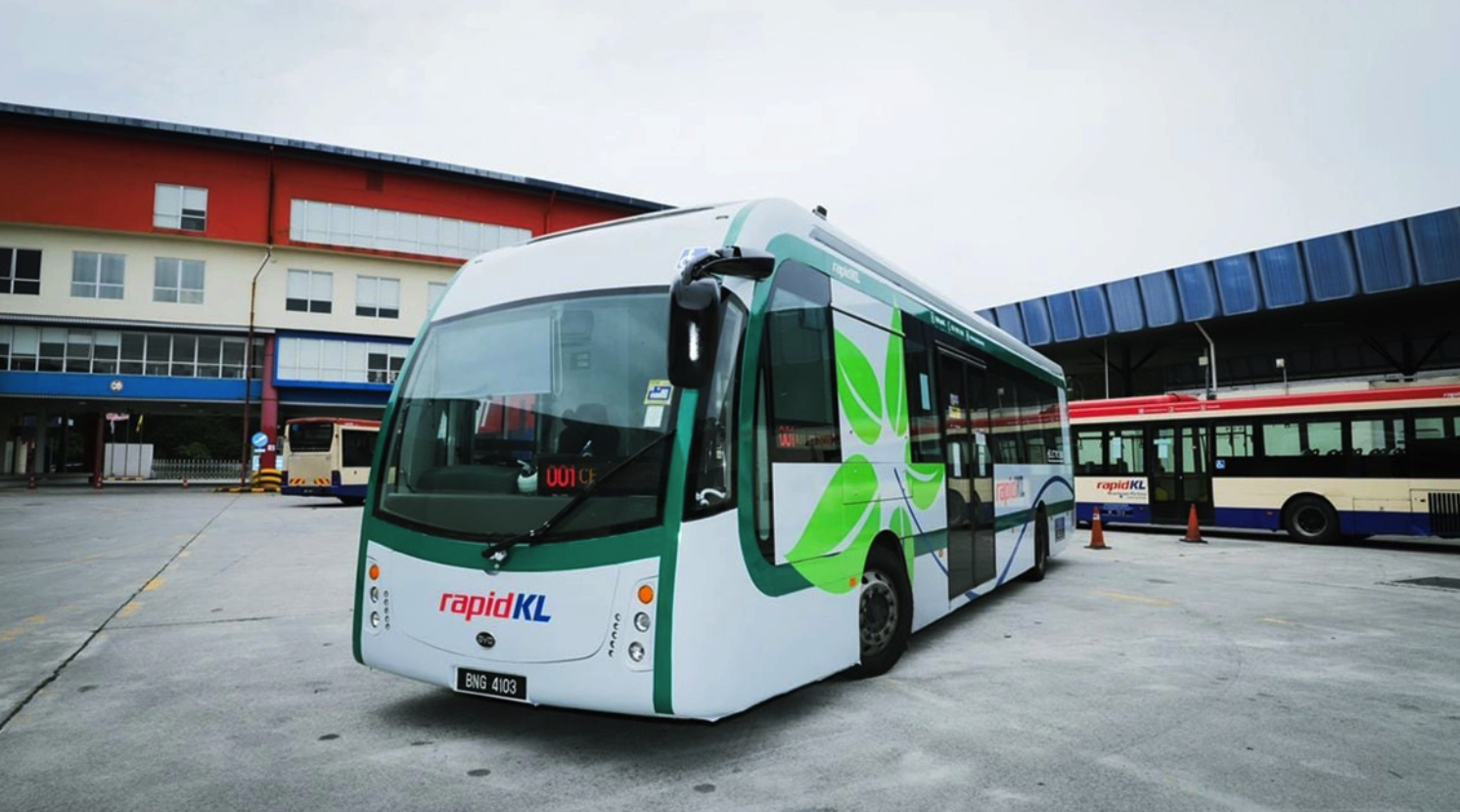South Korea’s POSCO, the sixth-largest steelmaking company in the world and Japan’s Honda Motor signed a comprehensive memorandum of understanding (MOU) on Tuesday. This partnership is to expand cooperation in the electric vehicle (EV) industry.
Prior to this, Posco was understood to have agreed in principle to a contract last year with a duration of at least five years with Ford. This contract is only for the supply of cathode materials and other key EV battery minerals, including lithium and nickel.
However, the POSCO-Honda partnership intends to expand beyond the existing steel industry to include the secondary battery material sector as well as other EV-related areas such as eco-friendly car plates, anode and cathode materials, solid-state battery materials, and recycling programmes.
According to POSCO Chairman, Choi Jeong-Woo, the recent collaboration between the two firms expanded their existing partnership in the steel sector to the secondary battery material sector.
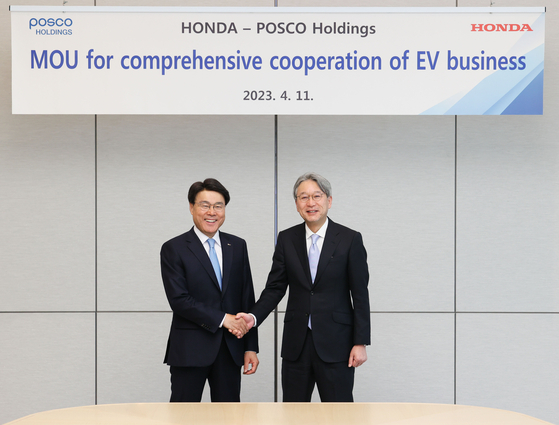
The previous result of the existing partnership and collaboration was the development of advanced high-strength steel (AHSS) sheets that are 30% lighter than conventional materials while maintaining their strength. The AHSS sheets developed by Posco and Honda have been used in various models of Honda cars, including the Civic Type R and Accord Hybrid.
The two firms intend to begin by exploring the supply of anode and cathode materials in the secondary battery material market. Periodic business and technology exchanges will be used to foster joint technological development for solid-state battery materials. They also want to connect Honda’s EV business with POSCO Group’s global recycling operations.
Discussions in the steel sector will focus on eco-friendly steel for carbon neutrality, expanding motor core sheets for EVs, and non-oriented electrical steel sheets for motors, which will outnumber the current supply of automotive plates.
POSCO and Honda will form sector-specific working groups, engage in long-term cooperation, and hold frequent exchange meetings to help steel and secondary battery material industries expand internationally. A cooperative response framework, similar to the US Inflation Reduction Act (IRA) and the EU Critical Raw Materials Act (CRMA), might be devised to handle global EV supply chain concerns.
Chairman Choi stated that the collaboration would generate a win-win situation for POSCO Group’s full value chain strategy for secondary battery materials and Honda’s EV expansion strategy. According to Honda’s President Mibe, this movement will emphasise the company’s commitment to achieving carbon neutrality for all product categories by 2050.
Global EV demand is expected to rise from 13.57 million units this year to 22.36 million units in 2025 and 59 million units in 2030, based on market predictions. In response to increasing carbon limits around the world, securing an eco-friendly steel and secondary battery material supply chain is critical for the EV era.




